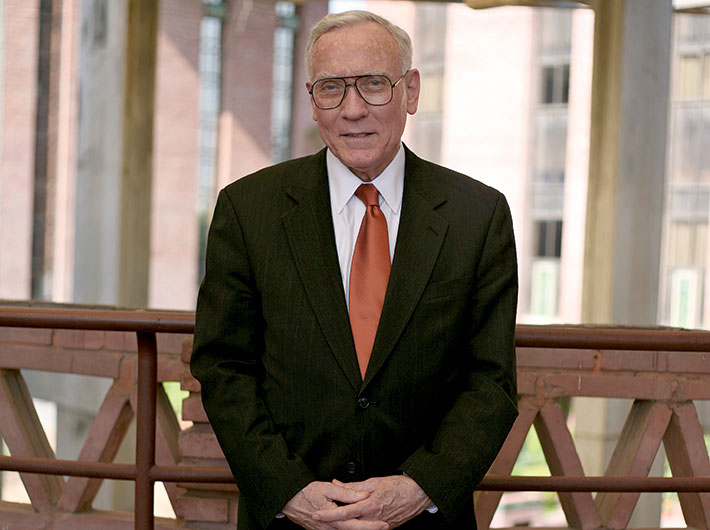Capgemini provides tailored solutions to leading public sector organisations in India and the rest of the world. It supports the public sector with a skilled approach in a number of key areas of expertise, including tax, public security, healthcare, border management and local and regional government. Kishor Chitale, head of India local business services at Capgemini India, spoke to Pratap Vikram Singh on Capgemini’s public sector strategy in the country. Edited excerpts from the interview:
Can you tell us about your public sector strategy and projects you are working on?
We started in the domestic market in 2008. We are keen to work with the ministry of home affairs (MHA). We are taking some small steps in the security domain and closely following projects like immigration, visa, foreigners’ registration and tracking (IVFRT) and e-courts. Globally, tax reforms are another area of our expertise. We are involved with tax reforms for the entire European Union (EU). In India we are seeing if we can participate in the information systems project for goods and services tax (GST). Railway transformation projects and postal services offer another area of opportunity to us.
We are working on the warehouse information system of the Indian railways. The project has started two-three months ago and aims at workshop integration for railways. We have participated with the national institute for smart government (NISG) for IVFRT design. We have also picked a small piece of work with the Karnataka government. It is building and integration of the ‘know your resident’ (KYR) scheme. So we have selected a few areas where we can value-add into the projects.
In the UK, our biggest association is through Her Majesty’s revenue and custom services project. It has been going on for several years. We will implement our learning from the UK to work better on projects in India. That’s why we call it global knowledge at local cost. We are using India as the innovation hub.
Can you elaborate on your venture into energy optimisation?
In the power sector, lots of franchises are being appointed in different cities. The distribution model is changing. The private companies are participating on behalf of the state-owned distribution utilities. So, we are seeing how we can create a platform for fresh franchises to have seamless integration between smart metering, GIS (geographic information system) and billing system. Recently, we started work with Tata Power on smart metering in Mumbai.
The new infrastructure projects that are coming up can straight away move to the smart metering concept, because trying to replace existing meters will be a very long journey.
What is your view on the national e-governance plan (NeGP)?
We see it as a business opportunity – mainly in terms of programme management, because we think a lot of focus is required. There are slip agents which lead to delays. It takes time on the part of the government to take decisions. That’s where stronger management principles will play an important role. Another area which requires focus is the need for standardisation across different IT initiatives.
Do you see some gaps in the whole plan?
We don’t have an Indian chief information officer (CIO). You might have a CIO in MHA or the department of post but not at the national level. In India, we feel that a lot of duplication is happening everywhere. However, if you look outside, you will find country CIOs who take strategic decisions on standardisation and architecture. We are thinking about how we can bring in a platform for interaction among state CIOs. By creating the UID authority, India has taken the first step in this direction.
What is your recipe for success in e-governance?
There are certain projects which have really progressed well like MCA 21 (of the ministry of corporate affairs). But there are several projects and areas where the pace has been rather slow. So if you have a professional programme management approach, you will have things moving faster. If you see globally, there has been a jump from a department-centric approach to a citizen-centric approach. India too needs to adopt this approach.
Don’t you think lack of business process reengineering (BPR) has marred the actual transformation in service delivery?
Globally we do benchmarking of public service performance across the EU. We associate in studies on how effective certain public services are in the member countries. We need to create this competitive environment in India too.
What are the other sectors you are targeting to foray in?
We see the social sector – health and education – as a big opportunity. Security is another area. We are known for the border framework (in the West), which allows you to integrate various government agencies. We were part of the redesigning of homeland security in the US as well.
pratap@governancenow.com

